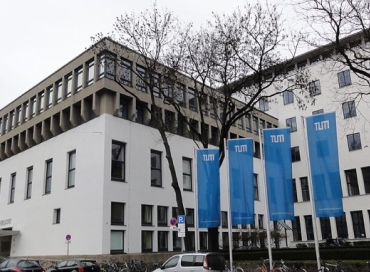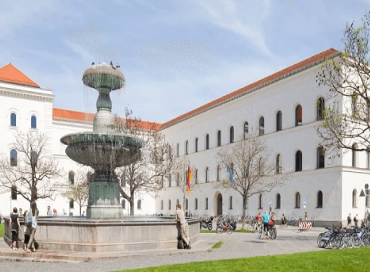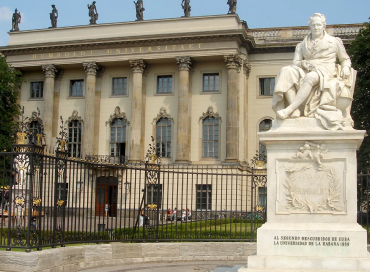Germany
Mathematics and Statistics
Gateway to Innovative Careers in Germany
Germany is a global leader in mathematics and statistics, offering exciting career opportunities in fields like cryptography, statistical data analysis, and operations research. Professionals in these fields contribute to solving complex challenges in industries such as finance, technology, and manufacturing. With a strong industrial base and a commitment to innovation, Germany provides mathematicians and statisticians with the chance to work on advanced projects that drive technological and operational efficiency.

Cryptographer
Cryptographers in Germany play a crucial role in securing sensitive information, especially in sectors like finance, government, and technology. These professionals design encryption algorithms to protect data, ensuring the security and privacy of digital transactions and communications.
Statistical Data Analyst
Statistical Data Analysts in Germany help organizations interpret large datasets to improve decision-making and operational processes. These professionals are in high demand across industries such as healthcare, finance, and automotive, where data-driven insights are critical to success.


Operations Research Analyst
Operations Research Analysts in Germany use mathematical and statistical methods to optimize organizational efficiency. They are essential in industries like manufacturing, logistics, and transportation, where their expertise helps improve processes and resource management.
Why Choose a Career in Mathematics and Statistics?
A career in Mathematics and Statistics in Germany offers the opportunity to work in one of Europe’s most advanced and data-driven economies. Professionals in these fields contribute to innovation and efficiency across industries, helping organizations solve complex problems through data analysis and mathematical modeling.
Mathematics and Statistics Job Outlook
The job outlook for mathematicians and statisticians in Germany is strong, with growing demand in fields like cryptography, statistical data analysis, and operations research. As industries become increasingly reliant on data, opportunities for professionals in these fields are expected to grow.
Future Aspects of Mathematics and Statistics
Germany’s future in Mathematics and Statistics is focused on advancements in AI, data science, and cryptography. Cryptographers will play a vital role in securing digital infrastructure, while statistical data analysts will drive innovation across industries through data-driven insights. Operations research analysts will continue to enhance organizational efficiency in key sectors like manufacturing and logistics.
Top Mathematics and Statistics Employers
Average Salary in Mathematics and Statistics
Mathematics and Statistics professionals in Germany earn competitive salaries. Cryptographers typically earn around EUR €70,000 annually, while statistical data analysts make approximately EUR €65,000. Operations research analysts can expect salaries of about EUR €68,000, depending on their experience and expertise.






